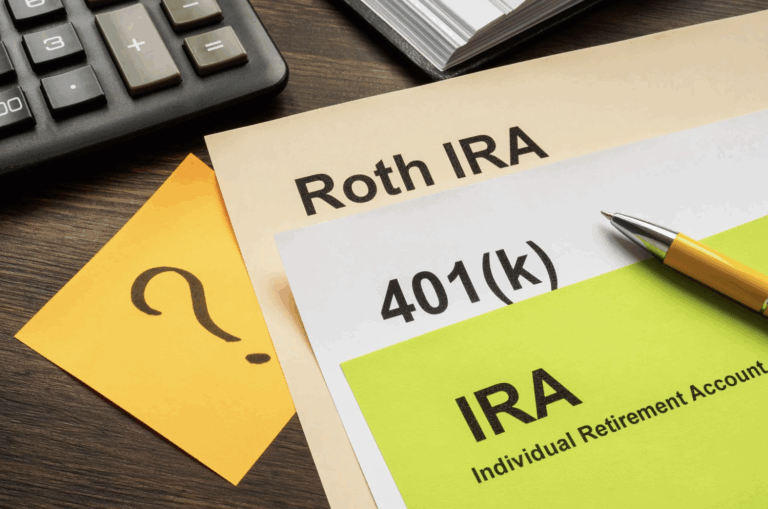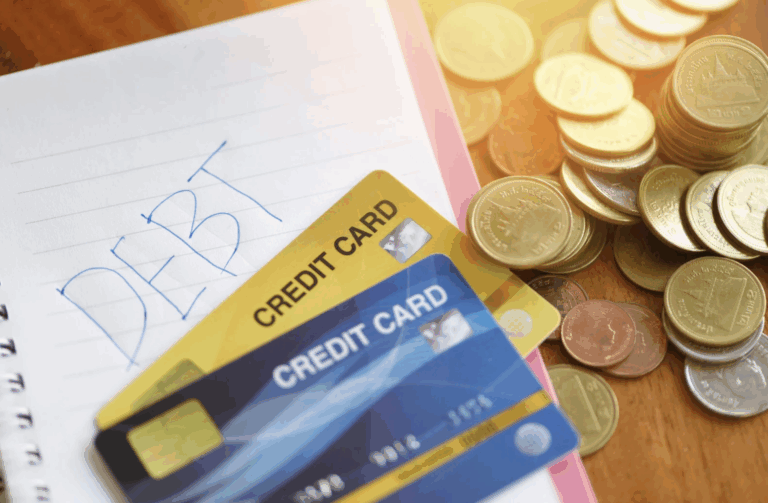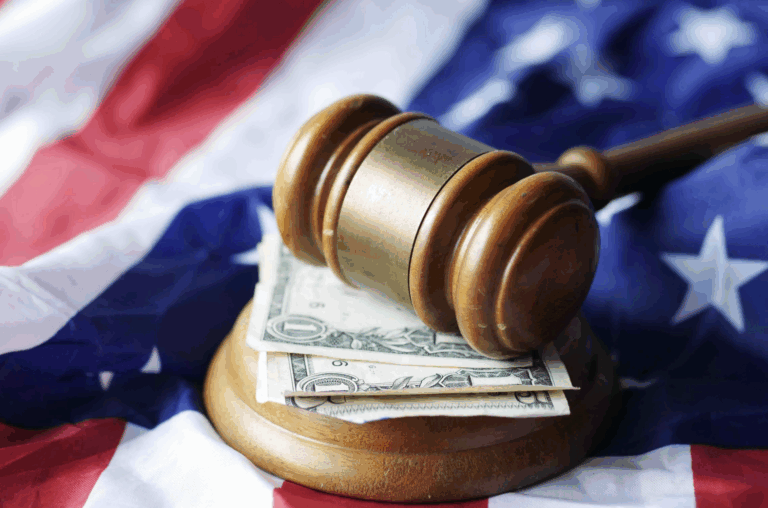If you have unpaid debts, one way creditors can collect the amount you owe is to freeze your bank account. However, there are steps a collection agency must take to be able to access your account funds.
So, can a bank freeze your account without notice? It’s possible. Here’s what you need to know about bank account freezes and what you can do about one.
Understanding Bank Account Freezes
A bank account freeze happens when your financial institution restricts access to the funds in your account. When this happens, you may still be able to make deposits.
As the account holder, however, you won’t be able to withdraw money, make payments, use your debit card, or transfer funds until the bank or credit union lifts the freeze. This can happen even if it’s a joint account. If you’ve written a check, it may not clear due to insufficient funds.
Typically, your bank notifies you of the freeze, explaining why it happened and what steps you need to take next.
Common Reasons Banks Freeze Accounts
Banks and credit unions may choose to freeze your account for a variety of reasons. Here are some of the most common reasons people may experience:
- Suspicious transactions: Banks are required by law to monitor accounts for potentially fraudulent activity. Sudden large transfers, international wire transfers, or patterns that resemble money laundering or other illegal activity can trigger a freeze while the bank investigates. In some cases, it might just be unusual activity compared to your normal spending habits. Depending on the situation, it may just be a temporary freeze.
- Legal orders and government actions: Tax levies and government investigations may also trigger an account freeze. This may occur if you have unpaid tax debt or you’re under investigation for criminal activity. In both cases, banks are legally required to comply, often with little or no advance notice.
- Outstanding debt and creditor actions: If you have a past-due loan or credit card balance, a lender or debt collector may seek a court order to freeze your account, so it can access the funds to satisfy the amount of the judgment.
Your Rights and Protections as a Consumer
While a freeze can be stressful, you have certain rights creditors and financial institutions must follow. Here are just a few examples:
- Notification: In most cases, banks must notify you of the freeze and provide information on why it happened.
- Right to dispute: If you believe the freeze was a mistake or unjustified, you can dispute the action and provide documentation to support your case.
- Exempt funds: Some funds, such as Social Security benefits, unemployment payments, or child support, may be protected from creditor garnishment, even if your account is frozen.
- Legal representation: You have the right to consult a debt help lawyer, especially if the freeze is tied to debt collection or legal action.
Can a Bank Freeze Your Account Without Notice?
In certain situations, banks have the legal right to freeze your account without giving you advance notice. When fraud is suspected, the bank acts quickly to protect your funds and prevent further unauthorized activity.
Banks must take immediate action to comply with IRS freezes and court orders. In these cases, you’ll typically receive notice, but your funds may already be frozen by the time you get it.
Remember, though, that some of your checking account or savings account funds may be exempt from collection. Some examples of exemptions include Social Security payments, unemployment benefits, and child support.
How Creditors and the Government Can Freeze Your Account
Credit card companies, other lenders and government agencies can freeze your bank account, but they must follow specific legal steps to do so. Here’s how it works:
- Creditors must get a court judgment: A creditor can’t freeze your account just because you owe money. First, they must sue you, win the case, and obtain a judgment from the court. Once they have the judgment, the creditor requests a bank levy or garnishment. There is often no warning, and the bank freezes the necessary funds.
- Government agencies skip the court process: Federal agencies like the Internal Revenue Service (IRS) or state tax authorities can freeze your account for unpaid taxes or government debt without suing you first. They issue a levy or lien, and your bank must comply immediately.
- Judgment creditors don’t always notify you first: In many states, the creditor isn’t required to give you advance notice before freezing your account once they have the court order. However, you often receive notice after the freeze, along with instructions on how to potentially challenge it.
What to Do If Your Bank Account Is Frozen
If your bank or credit union has frozen your account, here are some steps you can take to understand why and determine your options:
- Contact your bank immediately: Ask why you have a frozen account and what steps you need to take to resolve it, if any.
- Avoid depositing more money: New deposits, including direct deposits from your employer, may also get frozen or seized, increasing the risk of losing more funds. As a result, it’s a good idea to avoid adding more funds to the account.
- Safeguard your funds: Depending on the reason for the freeze, it may help to open a new account elsewhere for future deposits until your situation gets cleared up.
- Gather documentation: If you believe you have a good case for disputing the freeze, collect court orders, bank statements, or proof of exempt funds to support your claim.
- Explore legal options: Consult an attorney to review your rights and determine if you can challenge the freeze or stop a bank levy.
Preventing Future Account Freezes
While you can’t always avoid an account freeze, taking certain necessary steps can reduce your risk and protect your finances from unexpected disruptions.
Communicating with Creditors and Debt Collectors Early
If you’ve fallen behind on payments, the first step and the best way to minimize the negative consequences is to reach out to your creditors as quickly as possible. In such situations, lawsuits can be costly, so many lenders and collectors are willing to work out a payment plan that allows both parties to avoid legal action or account freezes.
Monitoring Your Account for Suspicious Activity
Regularly check your account for unusual transactions, unauthorized withdrawals, or large transfers you don’t recognize. If you find anything, report the suspicious activity to your bank immediately.
Knowing Your Rights and When to Seek Legal Advice
Understand your legal rights when dealing with creditors, levies, or government actions. If you receive a lawsuit notice or suspect an unfair freeze, consult an attorney. Legal guidance can help you protect exempt funds and fight wrongful freezes.
The Bottom Line
A frozen bank account can create serious financial stress, but understanding your rights and options can help you navigate the situation. If your account is frozen, act quickly by contacting your bank, gathering documentation, and seeking legal counsel from an experienced debt help attorney. Taking steps to prevent future freezes, like communicating with creditors and monitoring your account, can help you protect your money.
If you’re dealing with an unfair bank account freeze, Tayne Law Group, P.C. is here to help. Our team offers personalized debt relief solutions that have helped many who have had frozen bank accounts. Reach out for a free phone consultation by calling 866-890-7337 or filling out our quick contact form with your contact information, and we’ll give you a phone call.





